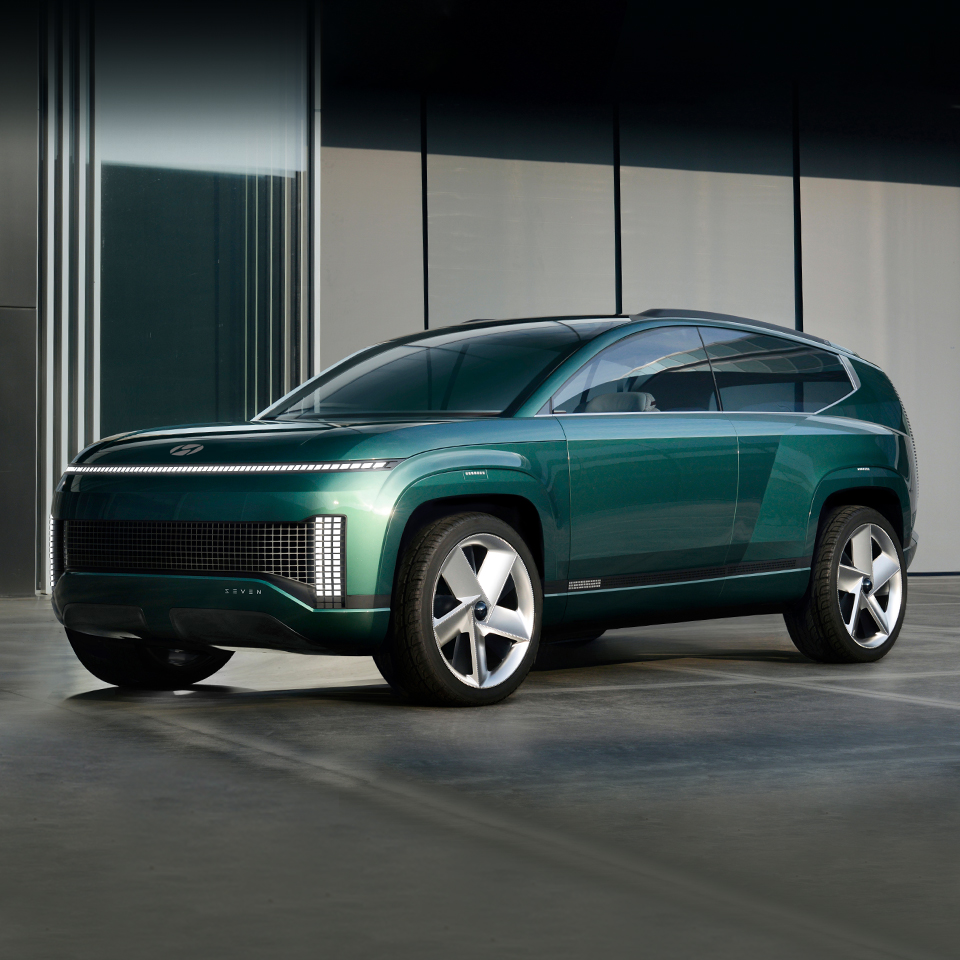Rise by Six: Your Daily Dose of Inspiration
Explore insights and stories that elevate your day.
Watt's Your Car? The Surprising Truth About Electric Vehicles
Uncover the shocking truth about electric vehicles! Is your car ready for the future? Find out now and join the EV revolution!
Are Electric Vehicles Really Better for the Environment?
The debate over whether electric vehicles (EVs) are truly better for the environment is complex and multifaceted. While electric vehicles produce zero tailpipe emissions, which significantly reduces urban pollution, the overall environmental impact depends on several factors including the source of the electricity used to charge them. For instance, if the electricity comes from renewable sources such as wind or solar, the carbon footprint of operating an EV is substantially lower than that of a traditional gasoline vehicle. However, if the power is generated from fossil fuels, the environmental benefits are diminished.
Another crucial aspect to consider is the lifecycle emissions associated with electric vehicles. The production of EV batteries, particularly lithium-ion batteries, can result in considerable environmental harm due to mining practices and energy-intensive manufacturing processes. Recycling and sustainable mining methods are essential to minimize these impacts. Furthermore, as battery technology continues to evolve, it is expected that future EVs will offer even lower emissions throughout their lifecycle, making them a more viable option for a sustainable future. Ultimately, while electric vehicles hold great promise for reducing greenhouse gas emissions, a comprehensive approach is necessary to fully realize their environmental benefits.

The Cost of Charging: How Much Will You Really Spend on Your Electric Vehicle?
When considering the cost of charging an electric vehicle (EV), it's essential to assess both the electricity rates in your area and your vehicle's efficiency. On average, the cost to charge an EV can range from $5 to $15 for a full charge, depending on battery size and local energy prices. To get a clear picture, consider using the formula: Cost per Charge = (Battery Capacity in kWh) x (Cost of Electricity per kWh). For example, if you own a vehicle with a 60 kWh battery and live in an area where electricity costs $0.13 per kWh, you'll spend approximately $7.80 for a complete charge.
Another factor influencing your charging costs is the type of charging station you use. Public charging stations often have different pricing structures, ranging from free options to subscription-based plans or pay-per-use models. It's advisable to consider both home charging and public charging when budgeting for your EV. Home charging tends to be more economical, especially overnight when energy rates are lower. In contrast, frequent use of fast chargers can significantly increase your monthly expenses due to higher per-kWh rates. Ultimately, by understanding the various elements impacting charging costs, you'll be better equipped to manage your overall EV ownership expenses.
Debunking Myths: What You Need to Know About Electric Vehicle Battery Life
When it comes to electric vehicles (EVs), several myths surrounding battery life often lead to confusion. One common misconception is that an EV battery will degrade significantly within just a few years of use. In reality, most modern electric vehicles come with advanced battery management systems designed to optimize performance and longevity. Research indicates that many EV batteries maintain over 70% of their capacity even after 8-10 years of use, providing reliable performance for drivers.
Another myth is the belief that charging an electric vehicle frequently can harm its battery life. However, EV batteries are engineered to handle numerous charge cycles without detrimental effects. In fact, charging your vehicle regularly is essential to keep the battery within its optimal state of charge. As a general rule, it's recommended to maintain the battery level between 20% and 80% for maximum lifespan, making it totally feasible for daily use. Understanding these facts can help potential EV buyers make informed decisions and alleviate any concerns regarding battery longevity.